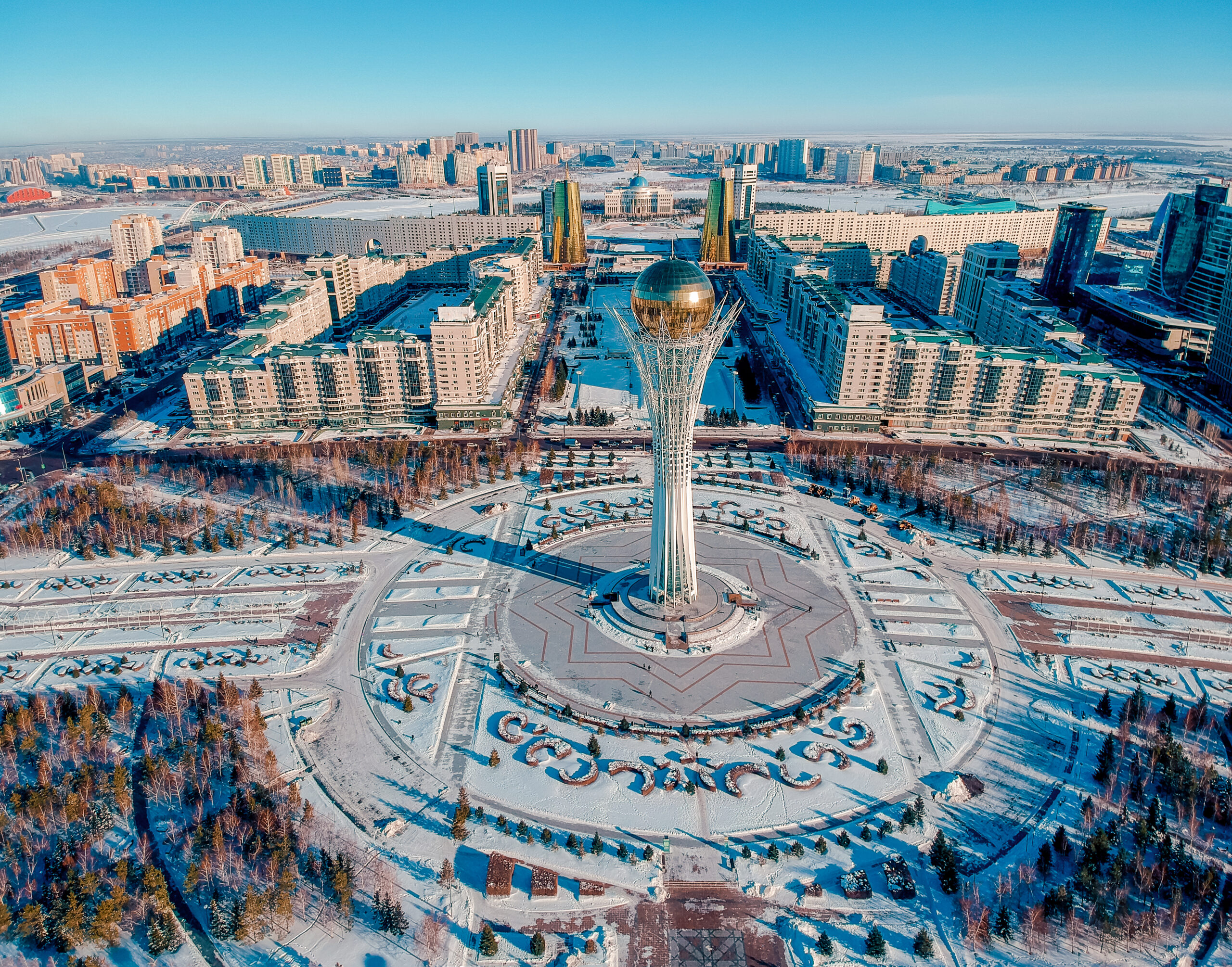ASTANA — The Astana Times has selected articles on Kazakhstan that will be featured in international media worldwide this week. Today’s foreign media digest includes an article by Yerkin Tukumov, Director of the Kazakhstan Institute for Strategic Studies, on Kazakh President Kassym-Jomart Tokayev’s diplomacy, the Middle Corridor’s development and more.

Photo credit: Shutterstock
Tokayev’s diplomacy: without populism or illusions
The article “Tokayev’s Diplomacy: Without Populism or Illusions” by Yerkin Tukumov, director of the Kazakhstan Institute for Strategic Studies, was published in the Central Asia Matters journal of NatStrat, India’s independent think tank. It is dedicated to President Kassym-Jomart Tokayev’s principles of diplomacy.
“Kazakhstan, like the rest of the world, stands at the turning point of the fifth techno-economic wave. Forecasts suggest that global growth is expected to pick up pace soon. However, we are currently in the most challenging cycle, marked by the struggle to shape a new global order. It is within these complex circumstances that Kazakhstan’s diplomacy operates, guided by four fundamental principles,” the article reads.
They are balance, openness, respect for sovereignty and territorial integrity, a proactive stance, and indivisible security.
Kazakhstan reveals cargo turnover surge along Middle Corridor in 11 months
Cargo turnover along the Trans-Caspian International Transport Route (Middle Corridor, or TITR) increased by 63% to 4.1 million tons in the first 11 months of this year, reported Trend on Dec. 17.
At the same time, container transportation along the so-called Middle Corridor grew 2.6 times, reaching 50,500 TEUs.
During this period, the route’s capacity increased to six million tons per year, including 100,000 TEUs of container transportation.
The Middle Corridor is an international transport route that passes through China, Kazakhstan, the Caspian Sea, Azerbaijan, Georgia, and further to Türkiye and European countries. The route is also part of the international Belt and Road Initiative, which is a modern revival of the ancient Silk Road.
Astana hosted a roundtable on transnational threats affecting the EU and Kazakhstan
A landmark roundtable on transnational threats impacting both the European Union (EU) and Kazakhstan took place in Astana, organized by the EU Delegation, the Embassy of the Kingdom of the Netherlands, and supported by the Kazakh government, reported an official EU website on Dec. 19.
The event convened over 70 experts, government officials, and international representatives for a focused dialogue on combating terrorism, human trafficking, migrant smuggling, and other pressing security concerns.
High-level officials from the EU and Kazakhstan, alongside security experts, examined key intersections between extremism, terrorism, border protection, and trafficking activities. The discussion highlighted the importance of unified responses to challenges that respect no borders, including cyberattacks, organized crime, and illegal migration.
Kazakhstan’s Deputy Minister of Foreign Affairs, Roman Vassilenko, welcomed participants by starkly reminding them of the global nature of these threats.
“Transnational threats show no respect for borders or national sovereignty. Whether it is cyberattacks, organized crime, terrorism, trafficking in persons, or illegal migration, no country is immune from these global challenges. To date, Astana has ratified all 19 UN universal counter-terrorism conventions and protocols and actively engages with the international community, including the European Union,” he said.
Kazakhstan, Italy forge path for greener aviation future – trade association president
Kazakhstan’s KazMunaiGas Aero and Italy’s Maire Tecnimont have signed a memorandum of understanding to develop Sustainable Aviation Fuel (SAF), marking a significant step in advancing green energy solutions in Central Asia, reported Trend on Dec. 13.
“Kazakhstan is uniquely positioned to lead in SAF production, thanks to its abundant resources and established industrial infrastructure. This partnership is a testament to Kazakhstan’s commitment to sustainable development and diversification of its economy,” said Marco Beretta, president of the Italo-Kazakh Trade Association (ACIK).
Beretta highlighted the initiative’s environmental and economic benefits. Sustainable Aviation Fuel can reduce greenhouse gas emissions by up to 80% over its lifecycle. By focusing on SAF production, Kazakhstan addresses global sustainability challenges and creates opportunities for significant foreign investment and job creation.
